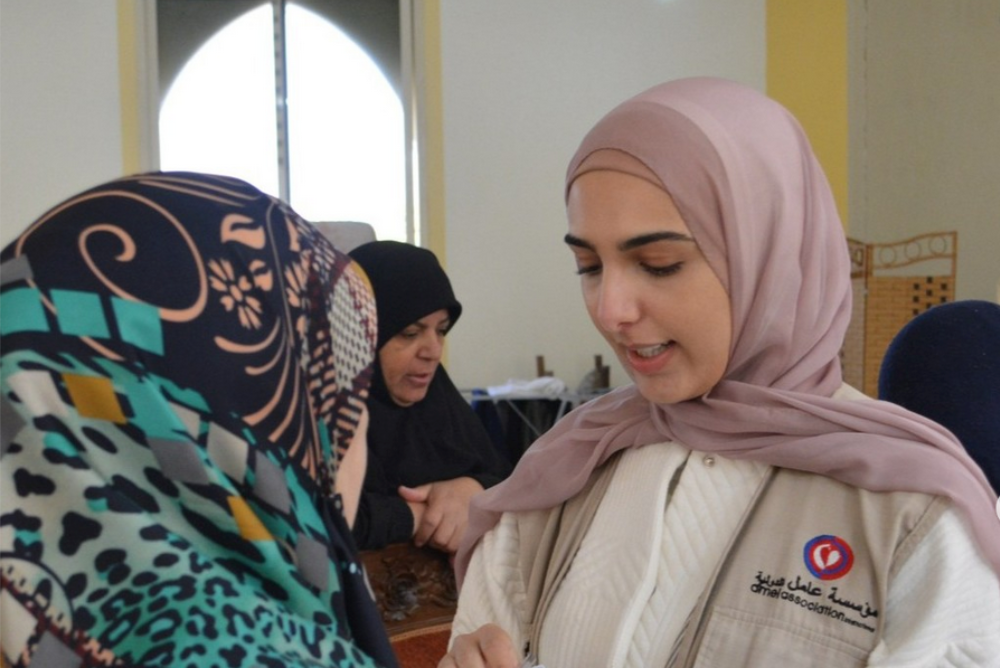Lebanon: After months of violence against civilians, a ceasefire has been declared
The past week witnessed the implementation of a ceasefire, which came into effect on Wednesday,
November 27. However, the early part of the week was marked by violent attacks, as detailed in Weekly
Situation Report #50 of the General Secretariat of the Supreme Defense Council, published on
November 29. In the days leading up to the ceasefire, between November 23 and November 27, a total
of 434 airstrikes were recorded across the country. In Beirut, these strikes were particularly intense,
targeting densely populated areas, including, for the first time, the Hamra district, which houses many
Internally Displaced Persons. On November 26 alone, the day before the ceasefire, nearly 80 fatalities
and over 265 injuries were reported, as stated in Lebanon: Flash Update #48 published by OCHA on
December 1. Despite the implementation of the ceasefire, violations have been observed. Indeed, on
Sunday, December 1, France condemned over 50 such violations by Israel.
As of November 29, the conflict had resulted in 3,961 fatalities and 16,520 injuries since the launch of
Israeli aggression on Lebanon. The situation improved significantly following the enforcement of the
ceasefire. The number of Internally Displaced Persons registered in shelters managed by the National
Operations Room decreased by 76.97%, leaving 33,758 individuals residing in 713 shelters, with 296
centers closing during this time. According to Lebanon: Flash Update #48 by OCHA, citing IOM data,
578,641 Internally Displaced Persons have moved back toward their places of origin since the ceasefire.
By November 25, the total number of displaced people was reported to be 899,725. It is important to
note that these figures are preliminary, as the situation remains uncertain.
Amid ongoing developments and population movements, Amel focused on its activities while closely
monitoring the evolving situation to ensure its response remains effective, targeted, and impactful.
As of December 2, assessments initiated last week are continuing this week to enable the reopening
of facilities as quickly as possible, even with limited interventions. These efforts are complemented by
a broader needs assessment aimed at gaining a comprehensive understanding of the evolving
humanitarian challenges. Fixed modalities are prioritized, while mobile teams and units continue
operations in informal tented settlements and collective shelters where feasible. For shelters that
have closed, assessments are being conducted in collaboration with relevant sectors—protection,
education, health, and basic assistance—as well as the respective Ministries
Amidst this new phase of the crisis, Amel remains committed to its humanitarian response, focusing
on delivering basic assistance, primary health services, and protection support to those affected by
the conflict, including Internally Displaced Persons. In parallel, Amel emphasizes a coordinated and
complementary response, collaborating with other partners through relevant government and United
Nations-led structures.
Amel Emergency Response
Weekly Operational Update


